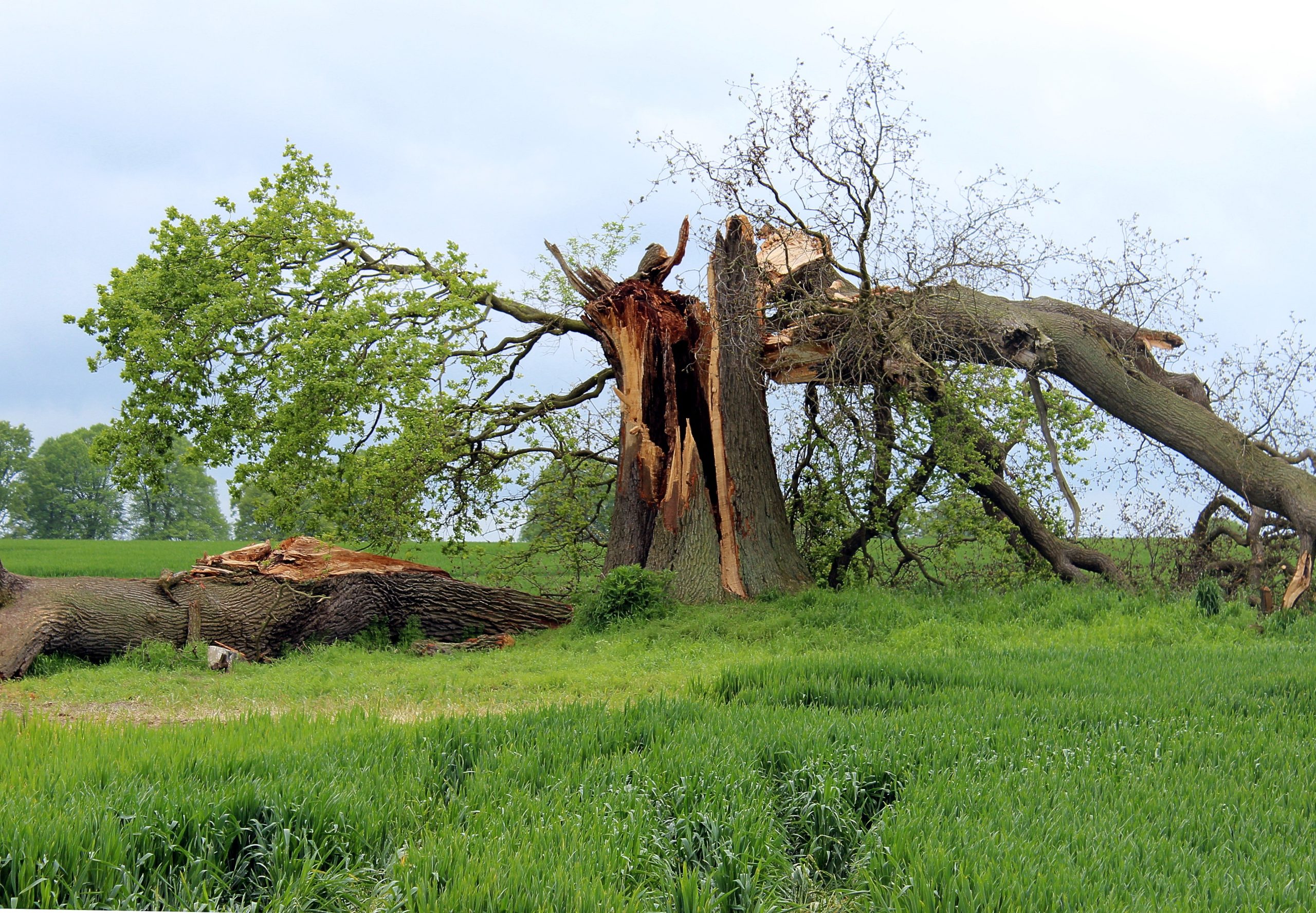 Navigating the intricacies of civil litigation requires strict adherence to procedural rules, as the failure to meet deadlines or follow the correct timeline can result in serious consequences for plaintiffs seeking justice. In the case of Michael Neal Rollins, an inmate who filed a lawsuit against the State of Louisiana, Louis Ackal, Sheriff of Iberia Parish, and the Corrections Corporation of America, the impact of missed deadlines and abandoned filings became evident. Rollins alleged physical abuse during his transportation back to the Iberia Parish Jail, but his case was ultimately dismissed due to abandonment. This instance highlights the critical importance of timely and diligent filings within the legal system, emphasizing the need for plaintiffs to navigate the complex procedural landscape to have their claims heard.
Navigating the intricacies of civil litigation requires strict adherence to procedural rules, as the failure to meet deadlines or follow the correct timeline can result in serious consequences for plaintiffs seeking justice. In the case of Michael Neal Rollins, an inmate who filed a lawsuit against the State of Louisiana, Louis Ackal, Sheriff of Iberia Parish, and the Corrections Corporation of America, the impact of missed deadlines and abandoned filings became evident. Rollins alleged physical abuse during his transportation back to the Iberia Parish Jail, but his case was ultimately dismissed due to abandonment. This instance highlights the critical importance of timely and diligent filings within the legal system, emphasizing the need for plaintiffs to navigate the complex procedural landscape to have their claims heard.
Rollins filed a lawsuit against the State of Louisiana, Louis Ackal, Sheriff of Iberia Parish, and the Corrections Corporation of America. Rollins was an inmate incarcerated at the Iberia Parish Jail in New Iberia. In 2008, Rollins was returned to the Iberia Parish Jail from prison in Winn Parish, having been evacuated there during Hurricane Gustav. After his subsequent release, Rollins filed his suit against the State of Louisiana in 2009 for injuries he suffered while transporting back to the Iberia Parish Jail from Winn Parish. Rollins alleged that officers physically abused him on the bus and in the Iberia Parish Jail parking lot.
Over seven years later, in 2017, the State of Louisiana filed a Motion to Dismiss the suit on the grounds of abandonment. The state claimed that there had been no filings or steps taken to proceed with the case since 2014. The plaintiff filed a counter-motion, alleging that it had filed a motion requesting discovery materials from the defense. The defendants argued that one of the defendants, Sheriff Louis Ackal, never received these requests. The district court ruled in favor of the defense, stating that failure to serve the request to all the defendants negates it as a step in prosecuting the action. Thus the district court dismissed the case in its decision, from which the plaintiff appealed.
 Insurance Dispute Lawyer Blog
Insurance Dispute Lawyer Blog


 When a patient suffers from harm done to them by the negligence of a health care provider, he may be a victim of medical malpractice. A recent Louisiana Fifth Circuit Court of Appeals case explained why it is not always a case of medical malpractice when an avoidable medical death occurs.
When a patient suffers from harm done to them by the negligence of a health care provider, he may be a victim of medical malpractice. A recent Louisiana Fifth Circuit Court of Appeals case explained why it is not always a case of medical malpractice when an avoidable medical death occurs. When it comes to personal injury claims resulting from slips, trips, or falls, the concept of open and obvious defects plays a significant role. Failing to act reasonably or being harmed by an apparent defect may hinder your ability to recover compensation for your injuries. This case exemplifies the importance of these factors in determining liability.
When it comes to personal injury claims resulting from slips, trips, or falls, the concept of open and obvious defects plays a significant role. Failing to act reasonably or being harmed by an apparent defect may hinder your ability to recover compensation for your injuries. This case exemplifies the importance of these factors in determining liability. When considering a legal malpractice claim, it is crucial to understand that proving your attorneys’ negligence alone is insufficient. To establish the merit of such a claim, you must demonstrate an underlying loss resulting from their negligence. This requires presenting compelling evidence that your original claim would have been successful had your attorneys not been negligent. The case of Shawn Cupit, who pursued a wrongful death lawsuit, highlights the significance of providing admissible evidence and the challenges involved in proving a legal malpractice case.
When considering a legal malpractice claim, it is crucial to understand that proving your attorneys’ negligence alone is insufficient. To establish the merit of such a claim, you must demonstrate an underlying loss resulting from their negligence. This requires presenting compelling evidence that your original claim would have been successful had your attorneys not been negligent. The case of Shawn Cupit, who pursued a wrongful death lawsuit, highlights the significance of providing admissible evidence and the challenges involved in proving a legal malpractice case. Sufficient evidence is required to prevail in any lawsuit. Generally, each side obtains additional evidence through the discovery process. However, what happens if a court grants a summary judgment motion for one party before the other party has time to complete adequate discovery? The following case helps answer this question.
Sufficient evidence is required to prevail in any lawsuit. Generally, each side obtains additional evidence through the discovery process. However, what happens if a court grants a summary judgment motion for one party before the other party has time to complete adequate discovery? The following case helps answer this question. Imagine attending a routine medical appointment at your local doctor’s office. You enter the premises expecting a standard check-up, but unexpectedly, you trip over a defective threshold and fall onto a hard terrazzo floor. This unsettling scenario is precisely what Lois J. Tate encountered in their accident, sparking a personal injury action against Touro Infirmary and Louisiana Children’s Medical Center. The Louisiana Fourth Circuit Court of Appeal affirmed the Trial Court’s decision to grant summary judgment in favor of the defendants, Touro Infirmary, and Louisiana Children’s Medical Center.
Imagine attending a routine medical appointment at your local doctor’s office. You enter the premises expecting a standard check-up, but unexpectedly, you trip over a defective threshold and fall onto a hard terrazzo floor. This unsettling scenario is precisely what Lois J. Tate encountered in their accident, sparking a personal injury action against Touro Infirmary and Louisiana Children’s Medical Center. The Louisiana Fourth Circuit Court of Appeal affirmed the Trial Court’s decision to grant summary judgment in favor of the defendants, Touro Infirmary, and Louisiana Children’s Medical Center. Hurricanes can result in significant property damage, including flooding with contaminated water. When faced with such a situation, homeowners may wonder if they have a viable lawsuit against the responsible parties, such as the company responsible for the contaminants or the city involved in managing the wastewater system. The following case sheds light on the legal considerations surrounding property damage caused by contaminated floodwater and the potential liability of the responsible entities.
Hurricanes can result in significant property damage, including flooding with contaminated water. When faced with such a situation, homeowners may wonder if they have a viable lawsuit against the responsible parties, such as the company responsible for the contaminants or the city involved in managing the wastewater system. The following case sheds light on the legal considerations surrounding property damage caused by contaminated floodwater and the potential liability of the responsible entities. Honesty is always the best policy. This proverb rings especially true in the legal system, where truthfulness and transparency are vital to maintaining the legal process. Failure to tell the truth or even a mistake in remembering the facts can bring severe consequences, as Mark and Paulette Moore discovered after a car accident on Interstate 10 in Iberville Parish.
Honesty is always the best policy. This proverb rings especially true in the legal system, where truthfulness and transparency are vital to maintaining the legal process. Failure to tell the truth or even a mistake in remembering the facts can bring severe consequences, as Mark and Paulette Moore discovered after a car accident on Interstate 10 in Iberville Parish. When a loved one dies in a car accident, dealing with insurance is likely the last thing on your mind. Unfortunately, insurance policies can be complicated, with many details and exceptions. If you do not fully understand your insurance coverage, you might find yourself in a difficult situation when seeking compensation from your insurance company. This is especially important when your vehicles and insurance policies cover multiple states.
When a loved one dies in a car accident, dealing with insurance is likely the last thing on your mind. Unfortunately, insurance policies can be complicated, with many details and exceptions. If you do not fully understand your insurance coverage, you might find yourself in a difficult situation when seeking compensation from your insurance company. This is especially important when your vehicles and insurance policies cover multiple states.  In the event that you find yourself in the challenging position of pursuing a medical malpractice lawsuit against your doctor, the presence of an expert witness becomes paramount. Such a witness is instrumental in establishing the negligence of your treating physician. A recent case originating from the Parish of East Baton Rouge sheds light on the specific qualifications required for expert witnesses in medical malpractice cases and the circumstances in which their testimony may be deemed unnecessary. Join us as we delve into this notable court ruling, which clarifies the vital role of experts and the instances where their expertise may be exempted.
In the event that you find yourself in the challenging position of pursuing a medical malpractice lawsuit against your doctor, the presence of an expert witness becomes paramount. Such a witness is instrumental in establishing the negligence of your treating physician. A recent case originating from the Parish of East Baton Rouge sheds light on the specific qualifications required for expert witnesses in medical malpractice cases and the circumstances in which their testimony may be deemed unnecessary. Join us as we delve into this notable court ruling, which clarifies the vital role of experts and the instances where their expertise may be exempted.